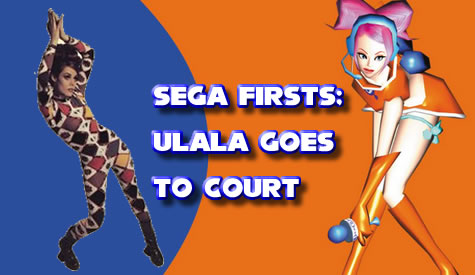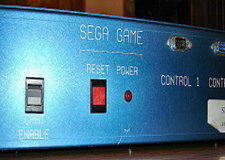Sega’s court battle against former Deee-Lite singer Lady Miss Kier was a landmark case for video gaming, as it was the first example of California’s Supreme Court examining the issue of First Amendment protection and celebrity rights of publicity in video games. The verdict became a standard for future cases. Join us as we take a deep look at the case and how Sega made history.
Tag: Sega Firsts
Sega Firsts: Reverse Engineering
Late in 1992, Sega took Accolade to court for releasing unlicensed software on the Genesis. The resulting court decision sent shock waves through the gaming industry, setting a precedent about the legality of reverse engineering. The practice didn’t start with the Accolade case, though, and there’s a rich history of how it played out legally before Sega’s case set the law in stone. Sega-16 examines the events leading up to the landmark Sega vs. Accolade case in our latest feature Genesis Firsts: Reverse Engineering.
Sega Firsts: Sega vs. MAPHIA
Throughout its illustrious life span, the Sega Genesis made several innovations that had big impacts on the video game industry. From the Sega Channel to its pioneering ratings system, the effects this wonderful console had still reverberate today. One of the most controversial firsts involving the Genesis has to do with illegal ROM distribution. Long before the Internet was a part of every day life, people used bulletin board systems (BBS) to for their online needs. Sega’s famous court case against one such board in 1993 set a legal standard that has been used many times since, most famously against the peer-to-peer service Napster.
Sega Firsts: The Ratings System
Every game you buy nowadays has an ESRB rating on the cover. What few people realize is that the system has its origin in the Video Game Ratings Council that used to evaluate games for the Genesis. Some may hate having a rating system, but it was an important step at keeping the government from censoring the industry, and Sega was the first to take the plunge.




